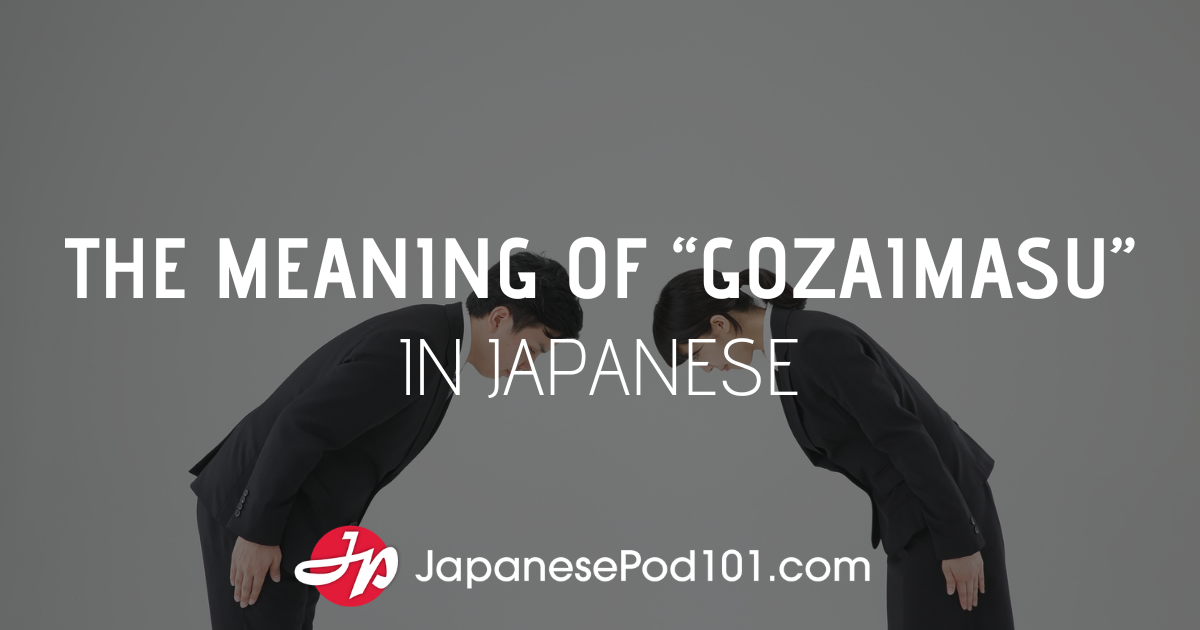| Quick Links Welcome to Kanji Curiosity | The Basics | Glossary |
While investigating 後 (KŌ, GO, ato, ushi(ro): after, behind), I’ve been amused to find it popping up in some highly specific words:
髭剃り後 (higesoriato: after shaving)
beard + to shave + after
浴後 (yokugo: after the bath)
to bathe + after
後ろ明き (ushiroaki: clothing that opens in the back)
back + to be open
For Other Amusingly
Specific Words Including 後 …
It seems that someone designed these words to expedite discussions of such matters. I say “expedite” because, aside from the charming specificity on display here, blow-by-blow descriptions of morning routines are rarely scintillating. Fortunately, two key features will make listeners stay tuned, rather than keeling over in boredom:
• Each compound has a different yomi for 後: first ato, then go, then ushi(ro). That’ll keep listeners (and perhaps speakers) on their toes.
• With handy words such as higesoriato and yokugo, speakers can be concise. To say “after,” they needn’t resort to the cumbersome phrase no ato de but can instead use the suffix 後. When serving as a suffix, 後 has two yomi: -ato and -go. The latter is much more common.
The -Go Suffix, Hard at Work
Here’s the -go suffix hard at work in several common compounds:
一週間後 (isshūkango: after a week)
one + week + interval + after
二年後 (ninengo: two years later)
two + years + after
三十分後 (sanjuppungo: a half hour later)
thirty (1st 2 chars. together) + minutes + afterThe first two characters, 三十, break down as three and ten. (I would write three + ten, per my usual style, but it seems a little strange to say that three + ten = thirty!)
三日後 (mikkago: in three days)
three + days + after
Expressions such as these are specific, indicating a fixed amount of time. But the -go suffix can also work in an unspecific way:
食後 (shokugo: after a meal) to eat + after
Note that this word is extra-concise, in that the ji (事) of shokuji (食事: meal) drops out when 後 appears.
数分後 (sūfungo: a few minutes later, after a few
minutes) number + minutes + after
別後 (betsugo: since parting, since we last saw each other) to separate + after
Aww, this one’s kind of sweet, don’t you think?
終戦後 (shūsengo: postwar) end + war + after
終了後 (shūryōgo: after the end (of something))
end + thing + after
数日後 (sūjitsugo: several days later)
number + day + after
The Day After
The last compound, 数日後, brings us to a new type of investigation—the ways in which 後 and 日 combine. Let’s start with the baseline, an unembellished compound combining the two kanji:
後日 (gojitsu: the future, another day) after + day
This compound is oriented toward the future. Let’s add one kanji, 談:
後日談 (gojitsudan: reminiscences)
after + day + to discuss
Adding 談 moved the focus from the future to the past! OK, what happens if we remove 談 and precede the core compound with 明?
明後日 (myōgonichi: day after tomorrow)
the coming (day) + after + day
Now we’re back to the future! Finally, let’s take out 明 and thrust 没 between the key figures in our investigation, 日 and 後:
日没後 (nichibotsugo: after sunset)
sun + to sink + after
Isn’t that breakdown lovely?! A sunset is what appears after the sun sinks. I mean, this idea of sinking is lovely when you consider a sunset—not when you picture, say, the Titanic. Here’s a less lovely take on the compound—its last two characters (没後, botsugo) collectively mean “after one’s death, posthumous.” In that compound, 没 means “to die” rather than “to sink.”
Well, we don’t need to worry about death for a long, long time—till next week’s blog, that is! For now, let’s have some fun with two Verbal Logic Quizzes.









